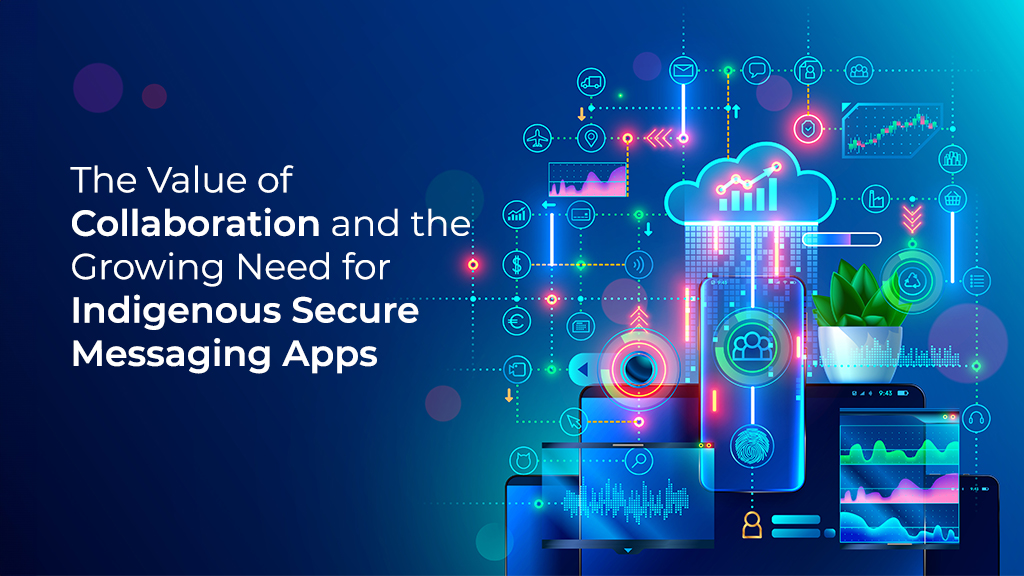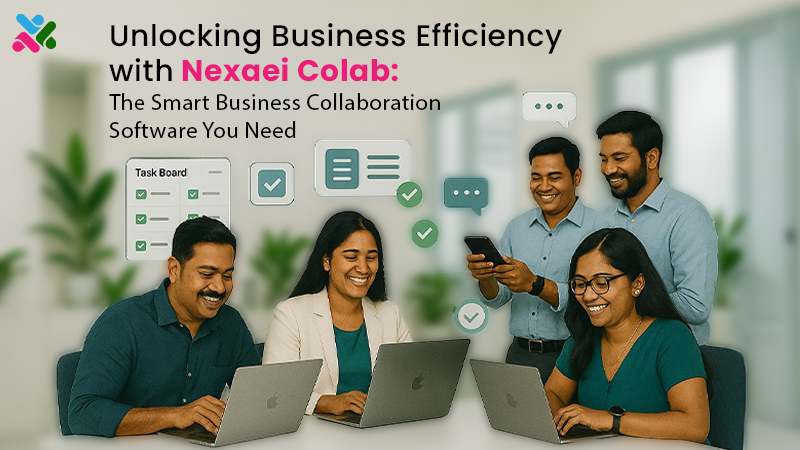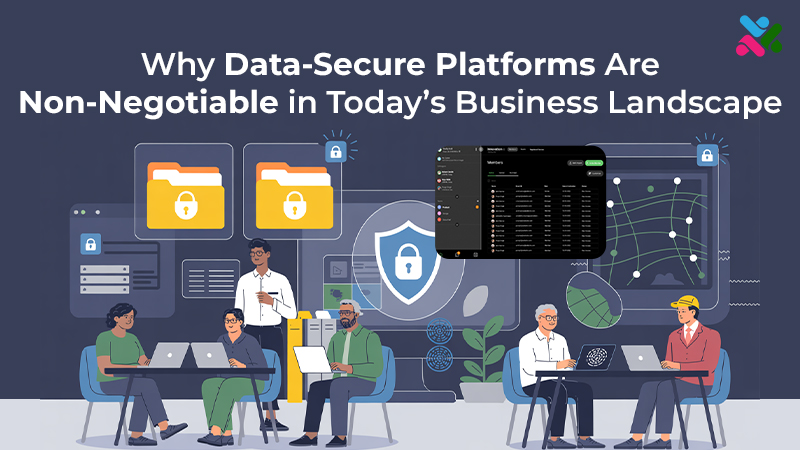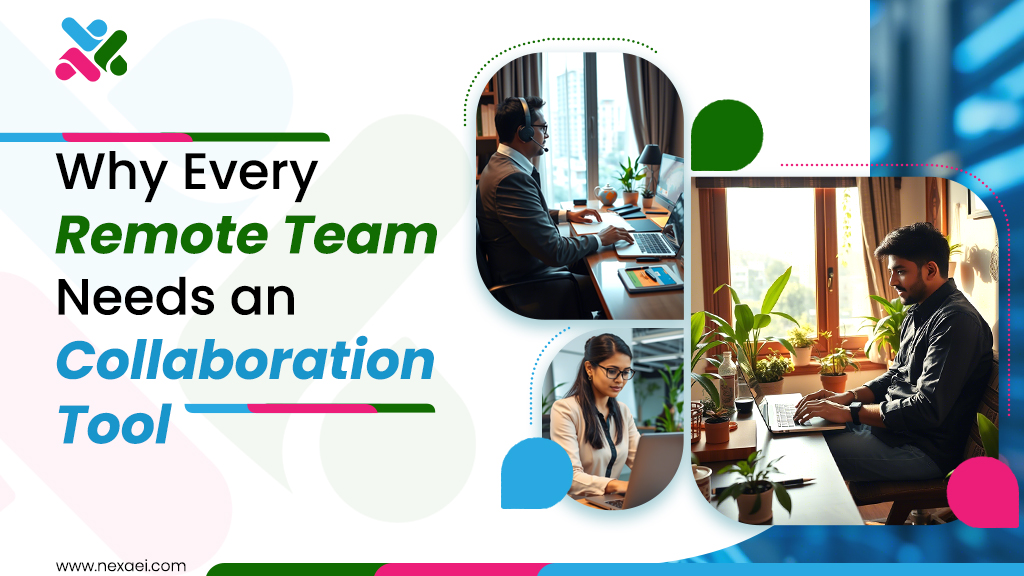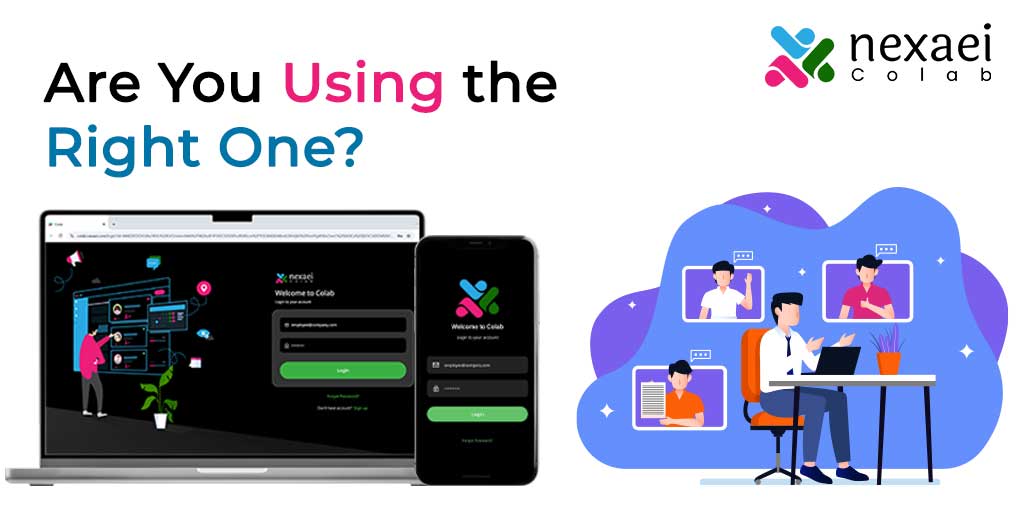“Are you confident your company’s most critical information is safe from prying eyes in the digital realm? How much control do you have on shadow IT in your organization?”
In today’s hyper-connected world, data security is paramount. Yet, a concerning trend has emerged: the unchecked proliferation of P2P messaging apps in the workplace. While convenient and popular, these platforms pose a significant risk, exposing sensitive organizational information to public platforms which results in increasing your attack surface.
The consequences are severe: from loss of vital information, reputation damage to financial loss, the stakes couldn’t be higher. As leaders in business and government, it’s our responsibility to address this pressing issue head-on.
I am writing a series of blog articles in which I plan to take a deep dive and delve into the dangers of relying on P2P messaging apps for professional communication. But fear not, I will also provide actionable strategies and tools to steer your company away from this risky path.
It’s time to prioritize data security and safeguard our most valuable assets. These articles will help you understand the urgency and take decisive action to protect your organization’s future while driving higher productivity and organizational engagement.
“Let us work together for unity and love.” – Mahatma Gandhi
The value of collaboration cannot be overstated. According to research, when employees collaborate, 73% produce better work and 60% are more innovative. Indeed, collaboration and communication taps into our innate psychological drive for belonging and community, thereby paving the way for collective success and better outcomes.
Yet, how we collaborate is often stuck in yesteryear. Organizations continue to overwhelmingly rely on legacy channels like email and phones, and when they do upgrade, the digital transformation tends to be sporadic and siloed. As a result, shadow IT emerges as a big problem.
With so many employees working remotely, there’s a gap between collaboration needs and the available systems. To bypass this, workers frequently resort to using unsecured and unvetted channels like peer-to-peer (P2P) messaging platforms, without the knowledge of IT teams. These platforms aren’t built for secure communication or sensitive data exchange and as a result, leads to a worrying shadow IT footprint.
It’s not surprising, therefore, that a staggering 89% of Indian companies suffered a cyber attack; in 2022 and 2023; shadow IT was responsible for 1 in 5 of these attacks.
There’s an urgent need to overhaul corporate communication and collaboration systems in the country, in the wake of several factors:
- The pandemic, which has made remote and hybrid work the new reality
- Millennials, Gen Z, and changing expectations from communication systems
- Aging systems and processes amid rapid change in technology and the business landscape
In a Hyperconnected World, Collaboration Needs to Adapt
In the last few years, the way we work has undergone a sea change. Collaboration is no longer limited to team members, departments, or business units. Organizations are increasingly adopting (and are being forced to adopt) new, more connected working models. It’s now par for the course to collaborate with external stakeholders on your most critical projects – this could include agencies, freelancers, consultants, regulatory bodies, and your broader supply chain.
However, most of our common collaboration methods aren’t up to the task.
- For instance, email trails tend to become long, meandering, and inefficient, deviating from the initial idea and objective of the task at hand. Typically, workplace messaging and video conference platforms are also more suited to certain groups of users and lack the egalitarian conversation and culture building capabilities that is the need of the hour. The need of the hour is focused innovation driven collaboration in multi-stakeholder project scenarios, and wide inter-organizational exchange and participation.
As a result, there’s often a disconnect between the tools employees need in a hyper-connected world, and what’s on offer. Research by Harvard Business Review found that for 85% of employees, collaboration tools are among their “most critical areas of focus.”
But existing systems aren’t meeting these needs – 59% said that the tools aren’t aligned with their team’s preferences, and 64% said that collaboration platforms don’t integrate with their organization’s processes. 72% found it difficult to work across teams.
The Challenge with Collaboration Platforms Today
The challenge is even more apparent when you operate within a regulated industry such as the public sector, financial services, and healthcare. Frustrated with gaps in existing systems, employees are likely to turn to P2P communication channels such as WhatsApp or SMS, which don’t have any of the security or compliance guardrails you need.
Imagine a scenario where a mortgage lender is working with a number of stakeholders to speed up the loan approval process. They are working with a title outsourcing company on one hand, to ensure the property is in order, and a credit report specialist on the other hand, to perform credit scoring. This involves a large volume of just-in-time information sharing and sensitive data exchange that simply cannot happen across the usual channels.
Or, think of a healthcare clinic that’s processing a patient’s payment. They’ll need to work closely with the insurance provider to complete a full or partial claim. They’ll also collaborate with a diagnostics department to calculate the consolidated payment amount for the patient. Again, sensitive data will be changing hands – P2P messaging platforms are not sufficiently secure, while email lacks efficiency.
An Indigenous Secure Messaging App is the Need of the Hour
The future of enterprise success will be built on a foundation of flexibility, collaboration, and multi-stakeholder productivity. To facilitate this, the tech team at Nexaei introduces Colab, an integrated collaboration and productivity tool that offers 100% visibility and control of your hybrid workspace. Unlike several other tools, we are focused on reducing the learning curve and the barriers to entry so that the benefits of collaboration are available to everyone instantly.
Colab is made in India and developed using indigenous technologies, infrastructure, and innovations. To meet the needs of both today’s and tomorrow’s workforce we have designed stringent security policies, enterprise-grade compliance, and multiple admin roles with 2 GB free storage per user, and geo-tagging for team attendance for distributed teams, file sharing with secured viewer, administrative permissions and controls, you pave the way towards limitless productivity.
An indigenous messaging app built in India for India’s unique collaboration use cases is clearly the need of the hour. Reach out to us to know how Colab could revolutionize your workplace today!
Email us support@nexaei.com for a personalized conversation. Please follow me on Linkedin to get notified and to stay ahead.

